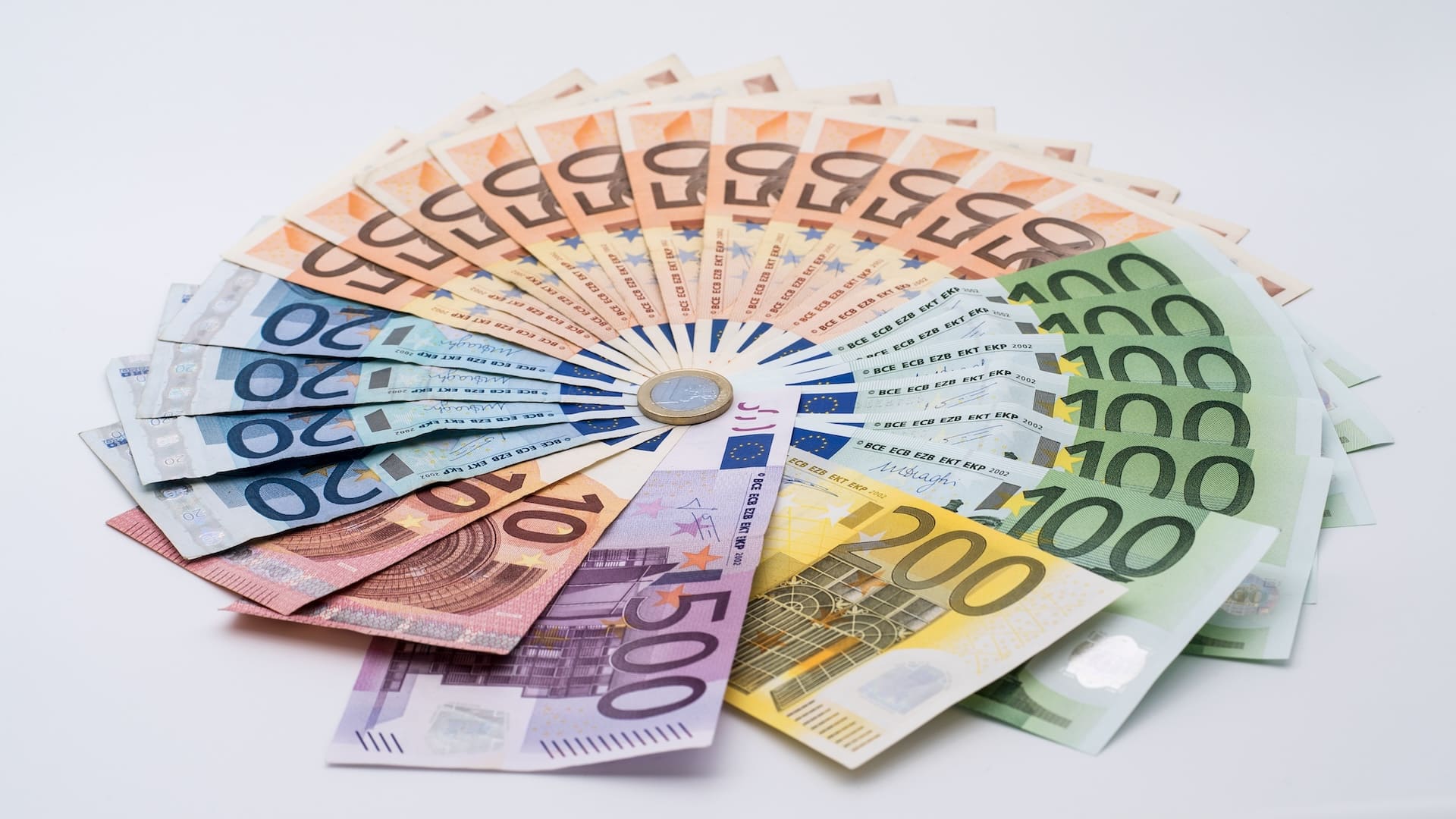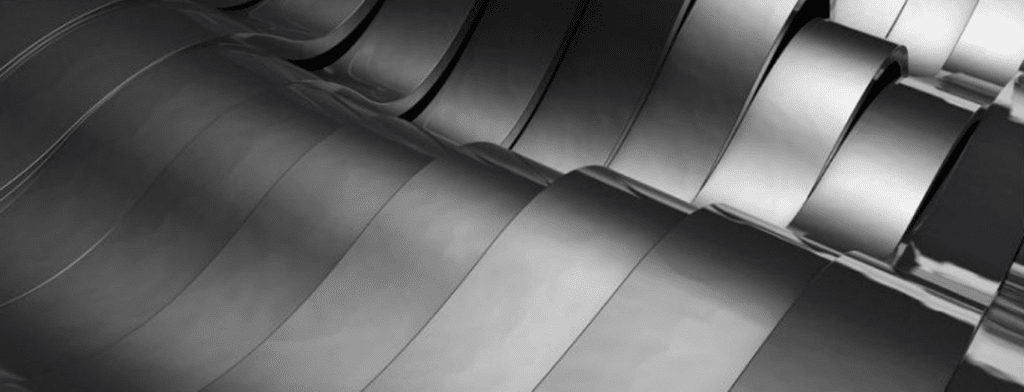

Horizon Europe


We have over 10 years of experience in grant applications for international and local clients. Thanks to our French background, we possess extensive European know-how and a broad network, with many success stories in grant submissions among business and scientific partners.
In 2023, we secured over 38 million euros in grant support for our clients.
With the diverse scientific and technical competencies of our team, we can address almost all Horizon Europe calls for both business and science.
Current Focus: EIC Accelerator, EIC Pathfinder Challenge, EIC Transition
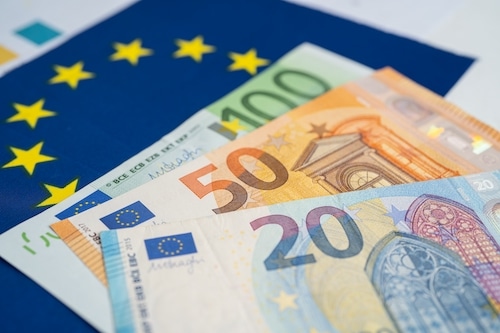

Horizon Europe is a program of the European Commission for 2021 – 2027 funding scientific research and technological innovations through consortium and individual competitions.
There are different calls for both individuals and consortia who are introducing the projects on different Technology Readiness Level (TRL), Sometimes your project can be funded up to 100% of eligible costs, but all depends on the specific call. Below you’ll find more details about major rules of Horizon Europe competitions.
Horizon Europe is a program of the European Commission funding scientific research and technological innovations through consortium and individual competitions. Details about current competitions can be found on the European Commission’s website.
Individual competitions vs. consortium competitions
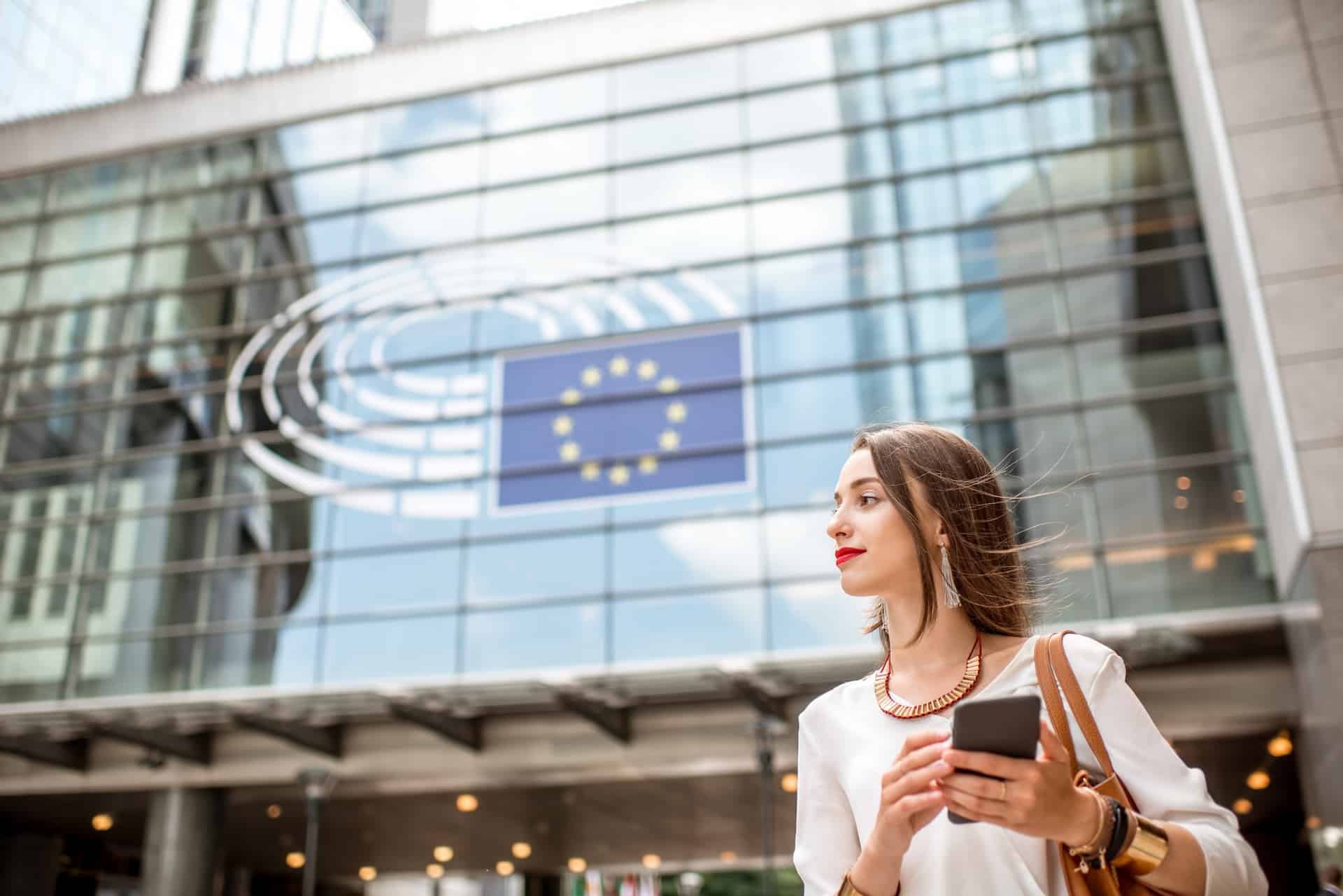
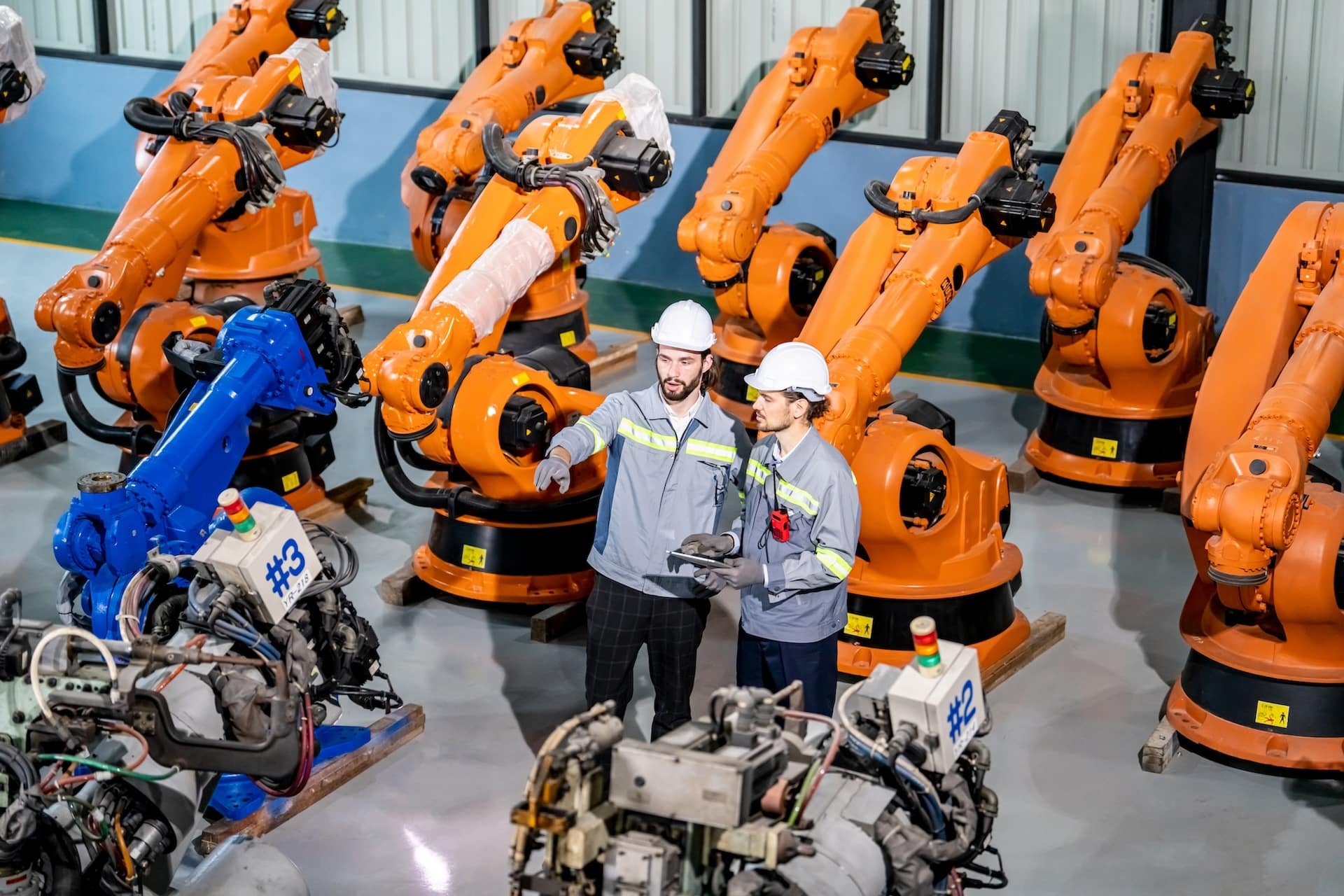
Consortium:
Individual
The consortium should consist of at least three independent entities, based in a minimum of three member or associated countries. At least one of the partners must be based in a member state.

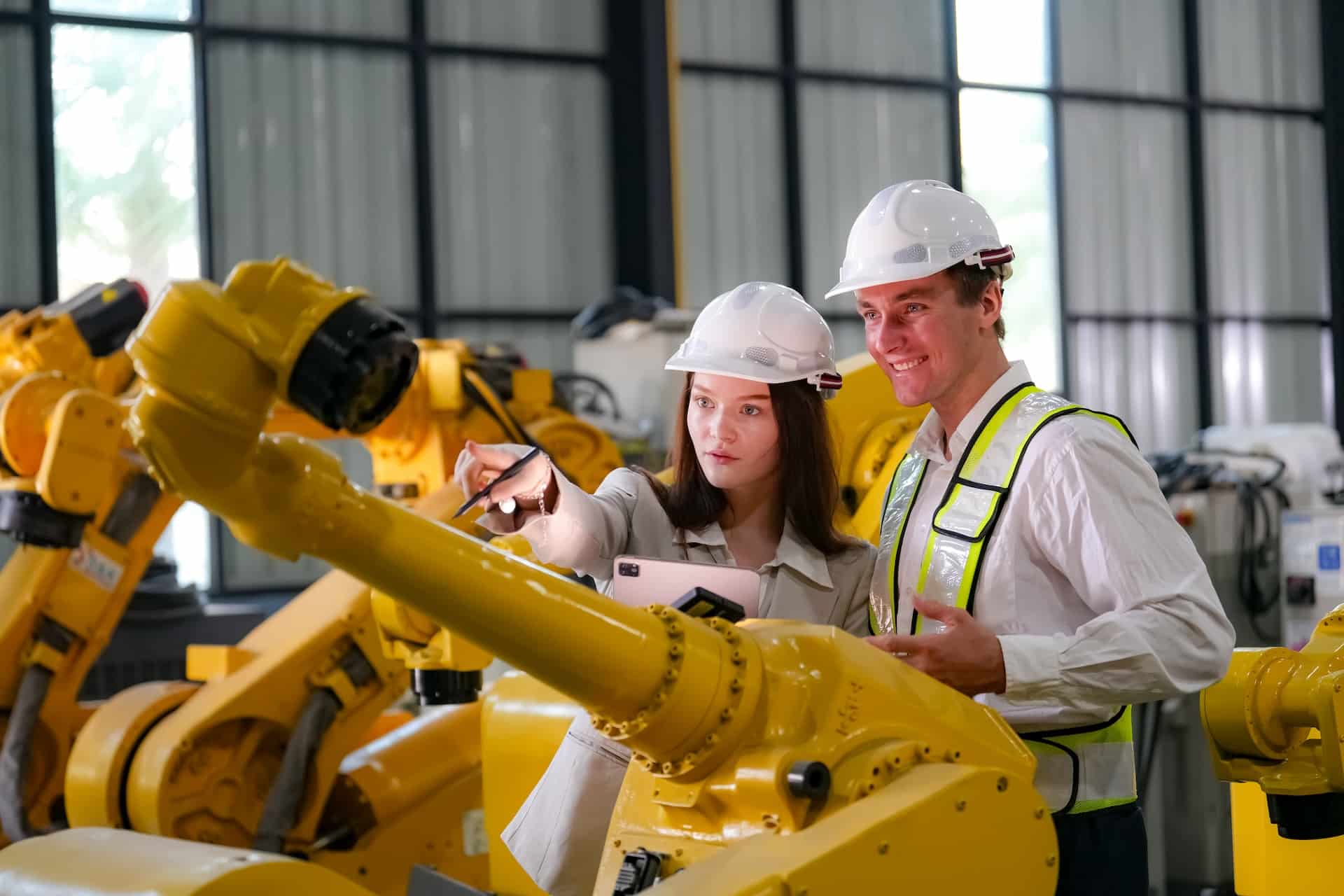
It is a method for estimating the maturity of technology when entering the Horizon Europe program. TRL levels depending on the competition:
